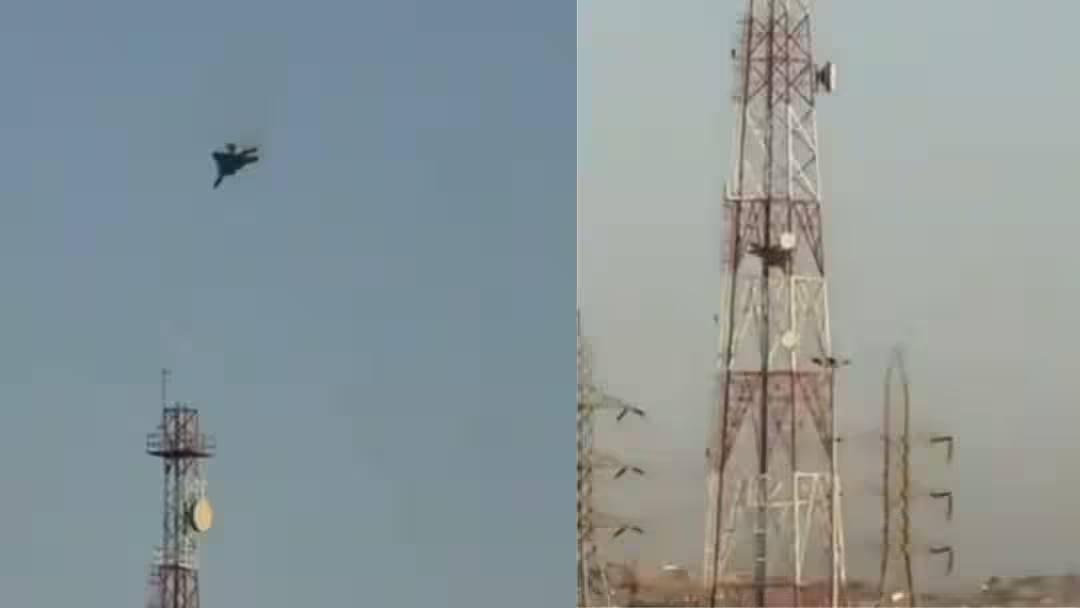The Ministry of Hajj and Umrah has issued an official statement saying, “What items are prohibited for Hajj pilgrims?” The government wants to provide a peaceful environment for every pilgrim. This time the Kingdom has also appealed to reputable and licensed travel agencies to purchase Hajj packages.
What is Hajj?
Hajj is the fifth pillar on which Muslims consider the Islamic edifice to be strong. It’s mandatory for Muslims at least once time, but not mandatory for all. Hajj is a truly sacred journey in Islam, but it is essential for those who can bear all Hajj expenditures. Due to this journey, Muslims get the grace of Allah Almighty and get an invaluable reward like paradise.
Muslims spend 4 to 5 days of Dhul-Hijjah through the following steps of Allah’s Prophets and the Prophet’s wife. They pass through the valleys of Mina, Arafa and Muzdalifah. Muslims, meanwhile, run between the hills of Safa and Marwah. In addition to sacrificing animals, they also throw pebbles and walk around the Ka’bah.
What items are not allowed on Hajj?
It is not permissible to do anything that may cause harm to others during Hajj. Most young people prefer to walk from Mina to Arafat and from Arafat to Muzdalifah on foot. During this foot journey, the youngers can use the umbrella, sunblock and mosquito lotion, comb etc.
Travelling with these 15 items is prohibited:
- Scissors
- Knives
- Scalpel
- Sharp blades
- Wrenches
- Drills
- Hammers
- Steel nails
- Guns
- Fireworks
- Stun Gun
- Toxic Substances
- Flammable Materials
- Compressed Products
- Cooking Gas Cylinder
Knives and scissors are common items in any travel bag pack. But the Saudi government does not allow any pilgrim to spend the days of Hajj with these sharp objects. Visitors cannot travel this sacred journey with wrenches, drills, hammers, steel nails, flammable materials and cooking gas cylinders as they are not going on a jungle trip. Every human need is available there. The Saudi government has already set up tents in Mina with all modern accommodation facilities.
The use of firearms for self-defence is not prohibited in any Saudi law. But it is not allowed to travel with a gun with millions of Muslim herds even if you have all the legal rights. The main reason behind this is that you do not go on an impossible mission. It is haraam to kill an insect while in ihram, but it is permissible when one’s life is in danger. Holding a gun means harming others. However, Hajj is a peaceful journey.
The Ministry of Hajj and Umrah has banned cooking at places of stay during the annual Hajj. Therefore, it is not permissible for a pilgrim to join the Hajj with a cooking gas cylinder. Anyone attempting to use LPG in holy sites (Muzdalifah, Arafa and Mina) could face fines for violating Saudi law.


